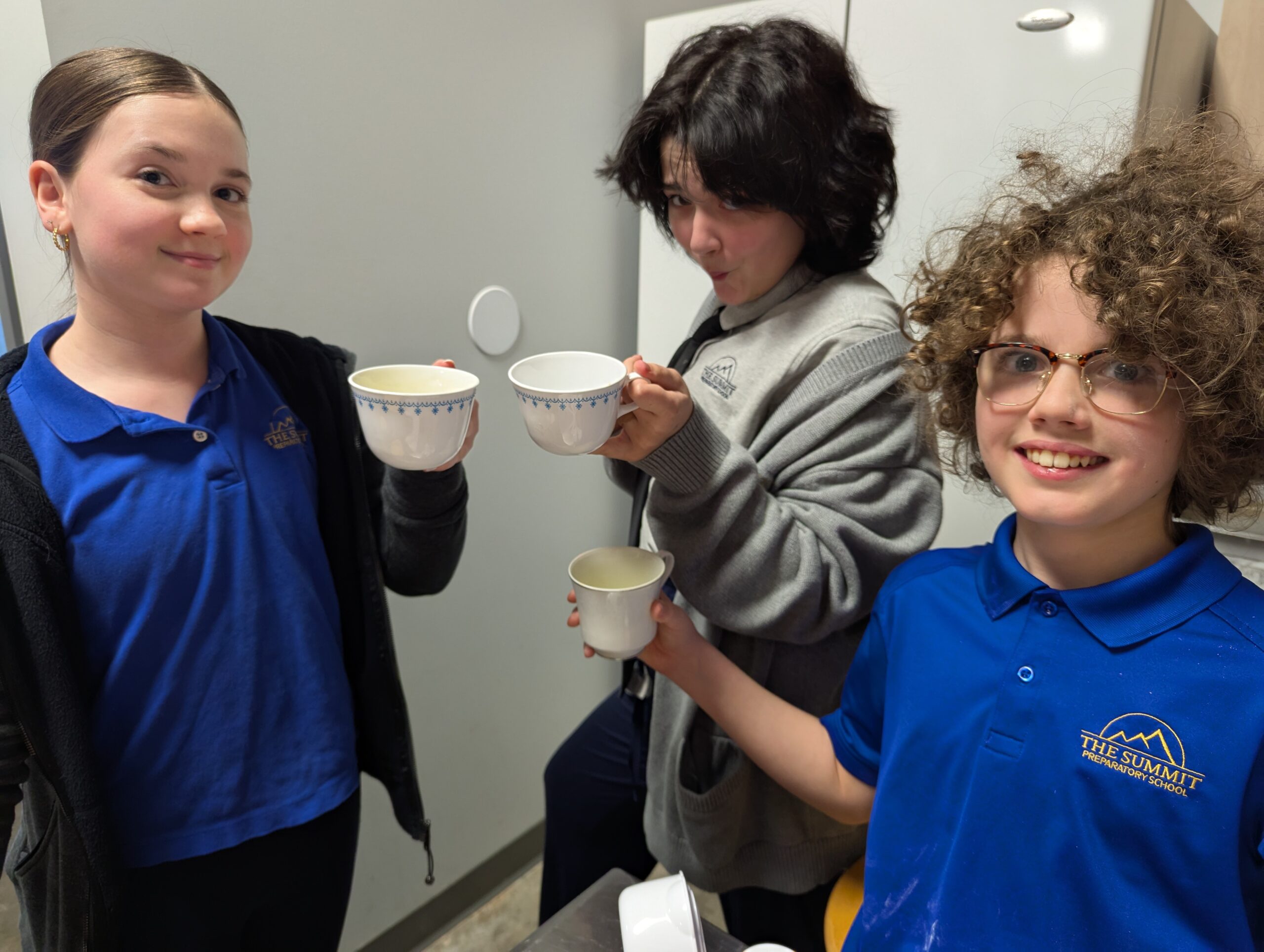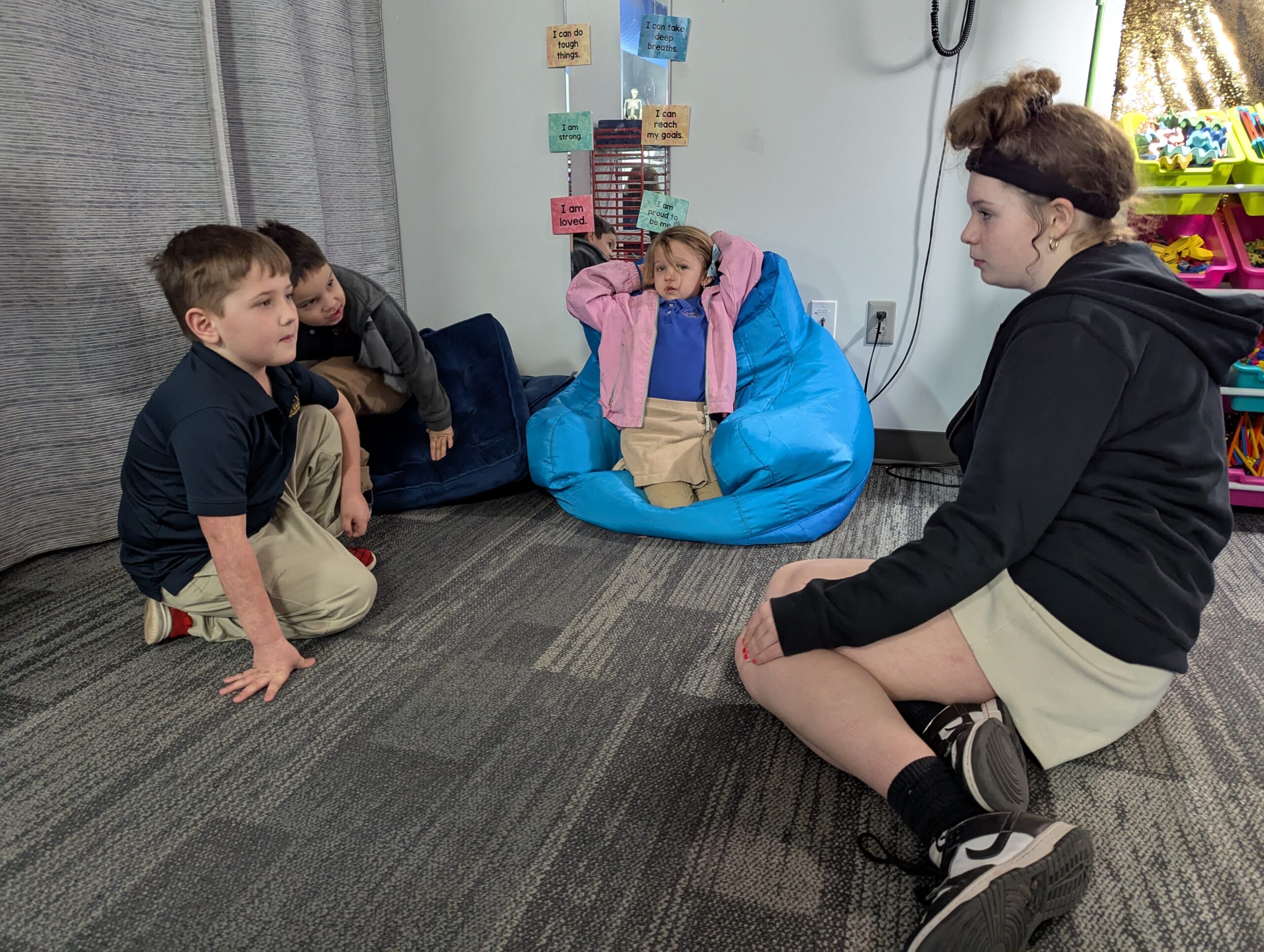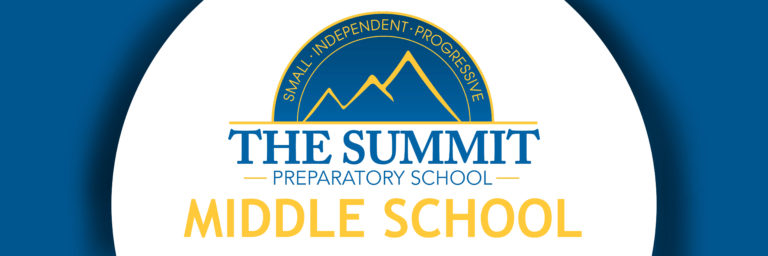Sixth grade students have had many opportunities lately to think about the Roman Empire, as we’ve learned about Hannibal and Carthage, Julius Caesar, the Gracchi brothers, Roman roads and aqueducts, and Roman politics. They’re starting to see some patterns emerging as we learn about power and empires, and their discussions continue to demonstrate excellent critical thinking skills. We’re looking toward an assessment in the next week or so, and I know students will be diligent in their preparation.
Students in seventh and eighth grade have been studying various styles of government in early modern Europe, from absolute monarchies to constitutional and parliamentary monarchies. They’ve done a great job seeing the similarities and differences present across the nation states and leadership structures of England, France, and Russia.
From here, we began our study of the Industrial Revolution, noting the way products were made prior and the effects it had on the lives of British citizens. Students made excellent work of understanding the many outcomes of the Industrial Revolution, both positive and negative. This group is also looking toward an assessment in the next week, where they’ll put their learning to work.

Enjoying a treat in culinary arts.
 Visiting with Kindergarten students and learning about hobbies.
Visiting with Kindergarten students and learning about hobbies.


